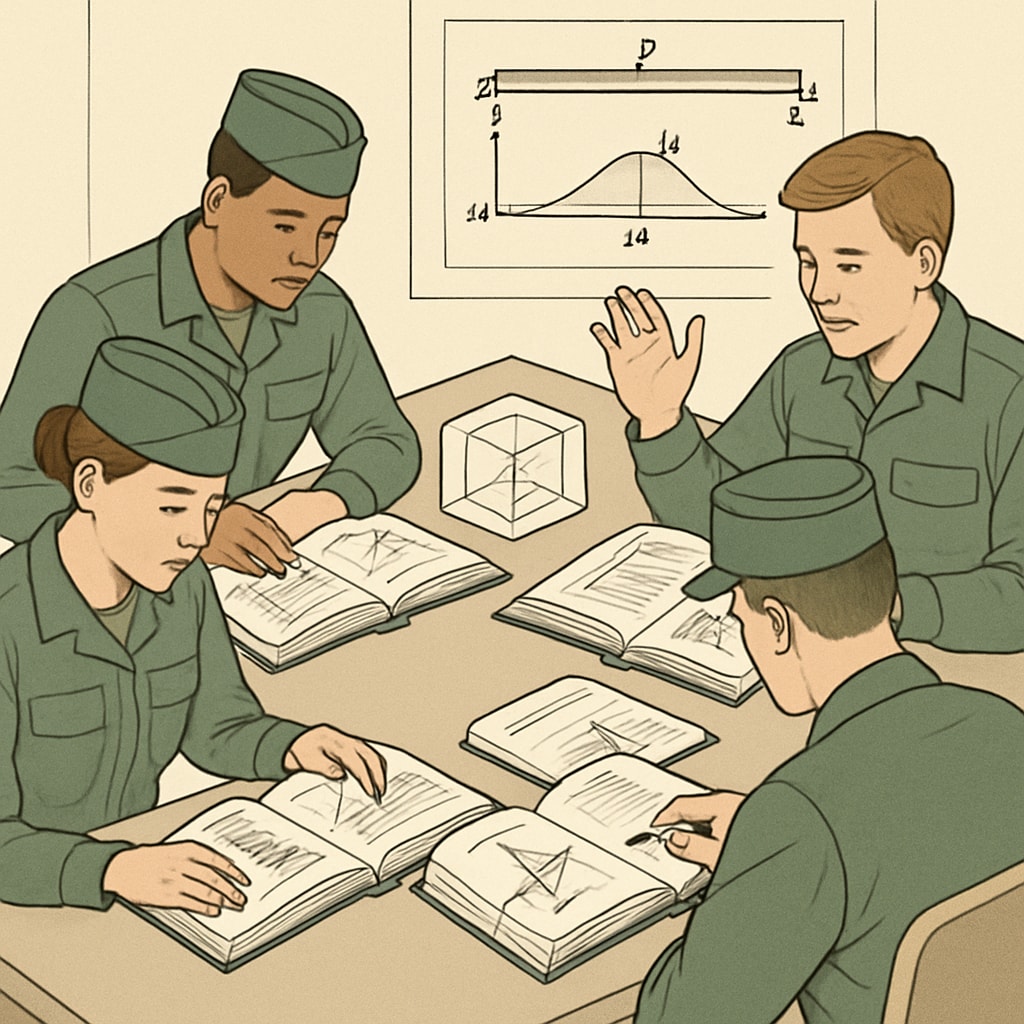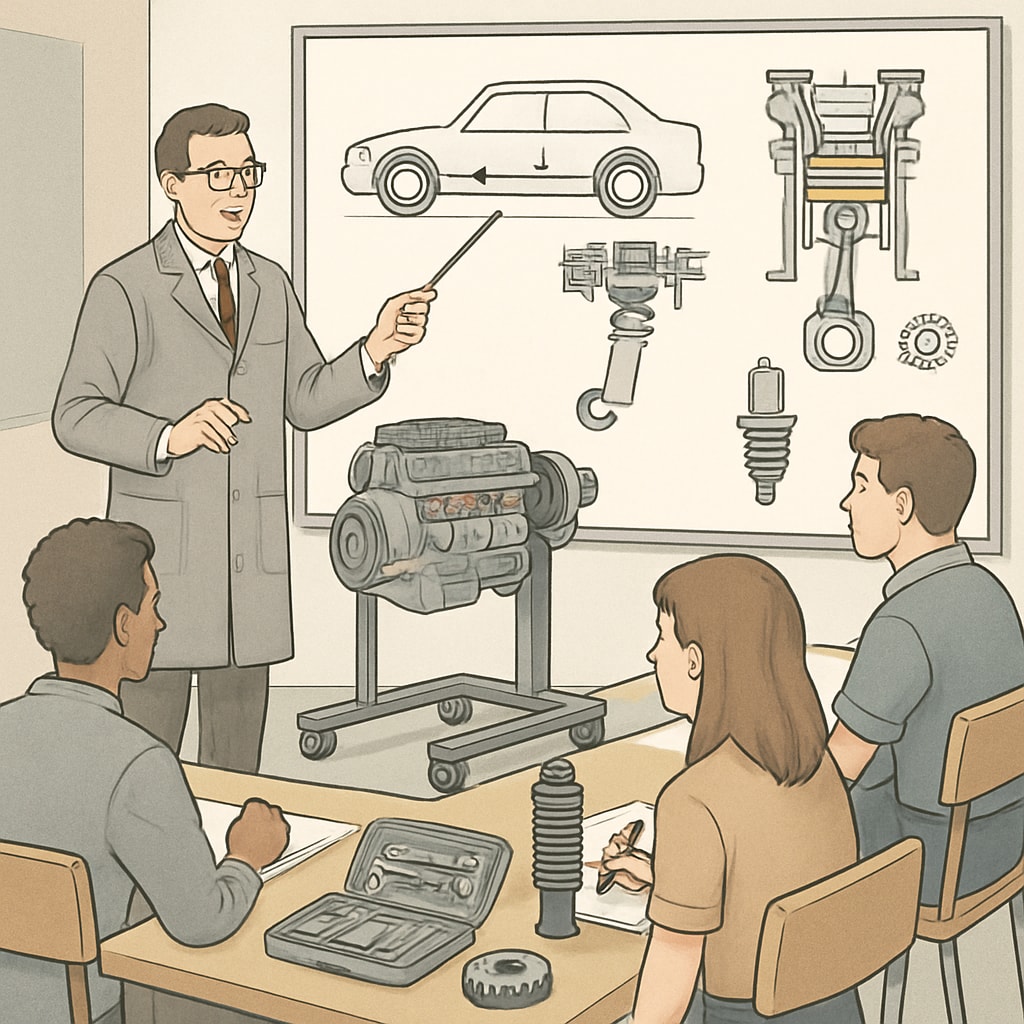For military personnel holding an associate degree in automotive technology, the prospect of pursuing a bachelor’s degree can unlock new career opportunities both in and outside the military. The transition involves carefully evaluating credit transfer options, selecting compatible majors, and understanding how this educational advancement aligns with long-term career goals. This article explores the most effective paths for military members to transition from an associate degree to a bachelor’s degree, focusing on maximizing prior learning and professional experience.

Why Pursue a Bachelor’s Degree After an Associate in Automotive Technology?
Advancing from an associate degree in automotive technology to a bachelor’s degree offers several advantages. First, a bachelor’s degree opens doors to leadership roles and specialized positions that require advanced technical knowledge. Second, many civilian employers view a bachelor’s degree as a minimum qualification for higher-paying jobs in fields like automotive engineering, manufacturing, or management. Lastly, for active-duty military personnel, the transition can help in meeting promotion requirements within their service branch.
According to the U.S. Bureau of Labor Statistics, fields like automotive engineering and transportation management are projected to grow steadily over the next decade, highlighting the importance of advanced qualifications. Therefore, pursuing a compatible bachelor’s program can significantly enhance career prospects.
Key Steps for Credit Transfer and Degree Alignment
A common concern for military personnel is whether their associate degree credits will transfer to a bachelor’s program. To maximize transfer credits, it’s crucial to choose a bachelor’s program that aligns closely with automotive technology. For example, degrees in mechanical engineering, industrial technology, or transportation management often accept substantial credit transfers from automotive-focused associate programs.
Here are some tips to streamline the credit transfer process:
- Consult academic advisors at both your current institution and potential bachelor’s program to evaluate credit applicability.
- Utilize military education benefits like the Post-9/11 GI Bill, which may cover tuition costs and credit evaluations.
- Seek programs that participate in articulation agreements, ensuring a seamless transfer process.
Additionally, many universities offer Prior Learning Assessments (PLAs) to evaluate military training and professional experience. These assessments can translate into academic credits, further reducing the time and cost required to complete your bachelor’s degree.

Popular Bachelor’s Degree Options for Automotive Technology Graduates
Choosing the right bachelor’s program is essential for aligning with career goals. Below are some of the most compatible options for individuals with an associate degree in automotive technology:
- Automotive Engineering Technology: Focuses on advanced vehicle design, testing, and manufacturing processes.
- Mechanical Engineering: A broader field that includes automotive systems while offering diverse career opportunities.
- Transportation and Logistics Management: Ideal for those seeking leadership roles in the transportation industry.
- Industrial Technology: Prepares graduates for supervisory roles in manufacturing and production settings.
Each of these programs leverages the foundational knowledge gained in an automotive technology associate degree while providing the theoretical and managerial expertise needed for career growth.
Career Opportunities After Earning a Bachelor’s Degree
A bachelor’s degree expands the range of career opportunities available to automotive technology graduates. For military personnel, it can lead to roles in military logistics, vehicle fleet management, or technical training positions. For those transitioning to civilian careers, options include:
- Automotive Design Engineer
- Production Manager in Automotive Manufacturing
- Transportation Systems Analyst
- Technical Consultant for Automotive Firms
Additionally, the leadership and critical thinking skills developed through a bachelor’s program are highly valued in virtually every industry, providing flexibility for career changes in the future. For further information on career trends, you can refer to the U.S. Bureau of Labor Statistics.
Conclusion: Setting Yourself Up for Success
Transitioning from an associate degree in automotive technology to a bachelor’s degree is an excellent strategy for military personnel looking to enhance their qualifications and career prospects. By choosing a compatible program, leveraging credit transfer opportunities, and aligning education with career goals, this path can lead to rewarding and sustainable career growth. Whether you aim to advance within the military or transition to a civilian role, the investment in further education is well worth the effort.
If you’re considering this educational journey, take the time to research programs, consult academic advisors, and make use of military education benefits. With careful planning, you can achieve a smooth transition and unlock new opportunities in the automotive and related industries.


